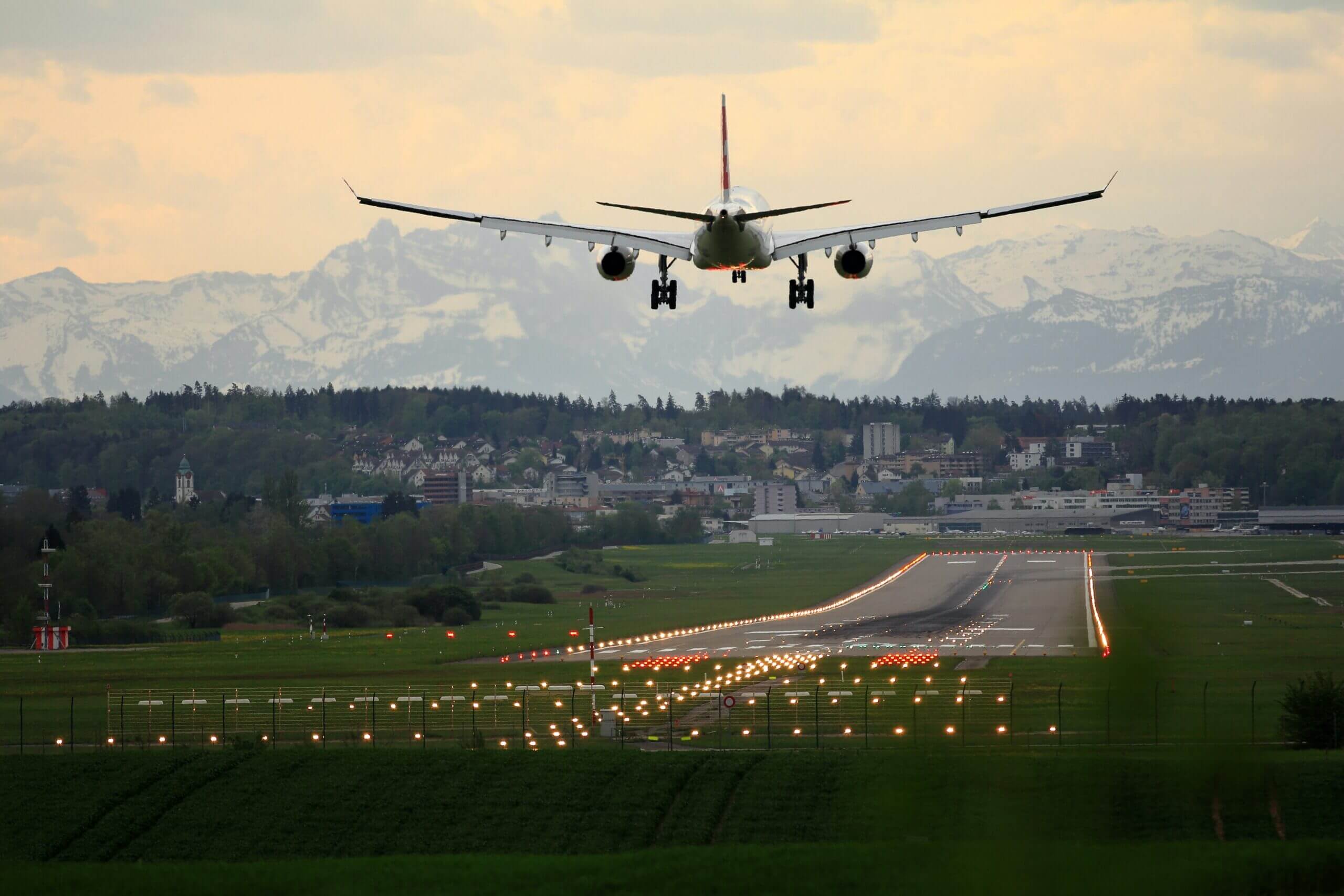
primer domain was triggered too early. This is usually an indicator for some code in the plugin or theme running too early. Translations should be loaded at the init action or later. Please see Debugging in WordPress for more information. (This message was added in version 6.7.0.) in /home/ikq167bdy5z8/public_html/propertyresourceholdingsgroup.com/wp-includes/functions.php on line 6114Strong travel demand has helped US airlines return to profitability, but restoring capacity to pre-pandemic levels poses personnel and financial issues.

Strong demand for travel has allowed the largest U.S. airlines to return to profitability, but efforts to restore capacity to pre-pandemic levels are hampered by labour and expense constraints.
American Airlines and United Airlines announced profitable quarters for the first time in the COVID-19 era without the assistance of government support programmes.
In addition to becoming profitable in the second quarter, Delta Air Lines has already attained this milestone in the third quarter of 2021.
Despite high prices, “pent-up demand” for air travel has led to strong ticket sales.
Revenues at American increased by 12% compared to the same quarter in 2019 prior to the pandemic, reaching a record $13.4 billion in the April-June quarter.
United’s revenue increased by six percent to $12.1 billion, while Delta’s increased by ten percent to $13.8 billion.
However, all three airlines are operating fewer flights than they did throughout that period, with Delta’s decline being the worst at 18 percent.
Strong pricing has allowed the business to offset the impact of much higher jet fuel prices and wage increases.
However, carriers have encountered operational difficulties as they have expanded. In June, severe weather, intermittent problems with air traffic control, and airline staffing shortages caused widespread flight cancellations and delays.
Even with the stronger performance in the second quarter, “the business is fundamentally less profitable” than before the pandemic, said Peter McNally, an analyst at the consulting firm Third Bridge.
In addition, while business travel has partially returned to its pre-Covid levels, McNally believes it may never reach its pre-Covid peak due to the increased usage of virtual meetings. Corporate travel has always been a major profit generator for airlines.
Costs are an additional issue. While it is anticipated that jet fuel prices will decline significantly in the third quarter, they will remain well above historical levels. A shortage of pilots and other important staff is anticipated to exert pressure on pay in the near future.
And while customers have not been discouraged by rising ticket costs thus far, it is uncertain how long this trend can continue, especially given continuing inflation.
Will demand be calm? –
Airlines have been aggressively hiring new employees, but it takes time to maximise their potential.
Ed Bastian, Delta’s chief executive officer, stated that the airline has employed 18,000 new personnel since 2021 and that training and experience shortages were the carrier’s primary challenges.
“Even though we only got back less than 85% of our capacity, our active headcount is at 95% of what it was in 2019,” Bastian said.
American anticipates a third-quarter decline of 8 to 10% from pre-pandemic levels, while United and Delta anticipate declines of 11 and 15%, respectively.
It is unclear when the sector will be able to fully recover capacity.
Robert Isom, the CEO of American Airlines, said that supply chains, aircraft manufacturers, and, eventually, pilot supply need to be brought back into sync.
On an earnings conference call, he stated, “We have problems equipping our aeroplanes with pillows, blankets, plastic cups, and food every single day.” Occasionally, we experience problems with fuel.
In addition to such daily problems, carriers also consider macroeconomic challenges.
These include the volatility of the oil market, which has pushed up jet fuel prices, and the “increasing likelihood of an economic slowdown or recession,” according to United’s chief executive officer, Scott Kirby.
Analyst McNally thinks that the fall could be a good time for airlines to catch up on hiring, training, and planning because of the seasonal drop in travel.
However, revenues will also decline, McNally said.
American stock fell 7.4 percent to $14.08, United fell 10.2 percent to $37.44, and Delta fell 2.7 percent to $31.96.